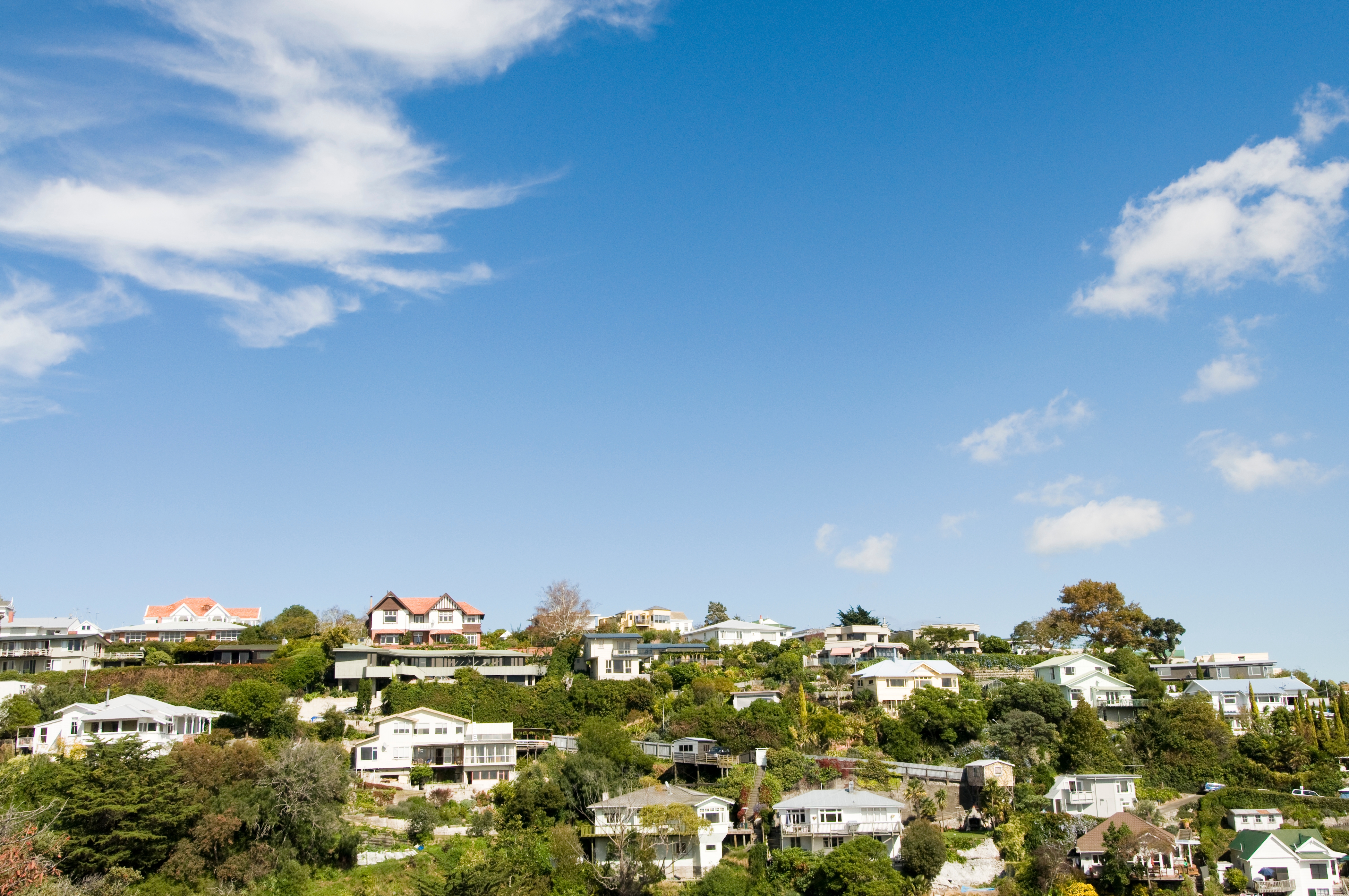Feature article
How much rent to charge for your home in 2025
How to price your rental property in today’s market.

If your home isn’t selling at the price you’d hoped, renting it out could be a smart move, especially with rental demand still strong across many regions in New Zealand. But before you jump in, one of the most important decisions you’ll need to make is how much rent to charge.
Whether you’re new to being a landlord or just weighing up your options, this guide will walk you through how to price your rental, what tenants are looking for, and what steps to take before listing your home.
What you’ll learn:
- How to find out what rent to charge for your property
- Where to research current rental rates
- What property features tenants value most
- Pros and cons of renting furnished vs unfurnished
- How long it currently takes to rent a home
- When to use a property manager
- Tax considerations before renting out your home
Research how much rent to charge
Before talking to a property manager, do your own research. Here are the best places to start:
- Trade Me Property Rental Listings: Search for similar homes in your suburb to see what weekly rents are being advertised.
- Trade Me Rental Price Index: This offers region-by-region rental data to help you benchmark your property.
- Property Pulse Report: Keep an eye on overall market trends. If property values are steady or falling, rental prices may hold strong as people delay buying.
- Professional Appraisals: Invite a couple of property managers to provide rental estimates. They’ll assess your property’s features, compare similar recent rentals, and provide a weekly rental range.
| CITY | 5+ BEDROOMS | 3-4 BEDROOMS | 1-2 BEDROOMS | ||||
|---|---|---|---|---|---|---|---|
| Auckland | Auckland | $1050 | $1050 | $750 | $750 | $575 | $575 |
| Wellington | Wellington | $990 | $990 | $700 | $700 | $560 | $560 |
| Christchurch | Christchurch | N/A | N/A | $650 | $650 | $520 | $520 |
What makes a property rent for more?
Des Ryder, Property Management Director at Anne Duncan Real Estate (now a partner of Ray White), says tenants are willing to pay more for homes that are:
- Warm, dry, and compliant with Healthy Homes Standards
- Equipped with heat pumps, insulation, and ventilation systems
- Updated with modern kitchens, bathrooms, and appliances
- Located close to public transport, schools, shops, and parks
- Low-maintenance inside and out
If your home is furnished, you can generally charge:
- $50 more per week for a two-bedroom property
- $100 more per week for a three-bedroom or larger home
How long will it take to rent my property?
In today’s market, well-presented homes are renting quickly. For example:
- In Auckland, a 3-bedroom home rents for around $750 per week, or $800 if it includes a second bathroom.
- In Wellington, a 4-5 bedroom executive home with multiple living areas and an ensuite may rent for $990 per week.
Popular homes in central suburbs typically attract 30–40 enquiries, with tenancy secured in 1–2 weeks.
Older homes, or those that lack modern features, may take longer to rent - particularly if they only have one bathroom or need updates to meet compliance.
Healthy Homes compliance: a must-do
If your home hasn’t been rented before, you’ll likely need to make it compliant with Healthy Homes standards. This might include:
- Installing a bathroom fan
- Upgrading insulation and window seals
- Adding a heat pump or fixed heating source
- Installing a ground moisture barrier (approx. $1500)
These upgrades not only meet the law but also make your property more attractive to tenants, and potentially more valuable if you decide to sell in future.
What tenants want in 2025
Tenants are looking for:
- A secure, long-term tenancy
- Warm, well-ventilated homes
- Open-plan living and indoor-outdoor flow
- Flexibility on furnishing options (most prefer unfurnished)
- Permission to have pets (which also encourages long-term stays)
Tenants also value:
- Space – more square metres = more rent
- Views – sea, city, or bush views are a bonus
- Location – proximity to the CBD, transport, and schools matters
Tax implications of renting out your home
Before making any decisions, speak to a property tax accountant. Peter Taylor of BDS Chartered Accountants warns that renting out your home could trigger tax consequences, particularly if ownership has recently changed (e.g. transferred into a trust).
You’ll need to consider:
- The bright-line test (if the home is sold within a certain timeframe)
- Potential GST or tax liabilities if the home becomes an income-producing asset
- How to handle deductions for maintenance or upgrades
If you’re unsure whether to sell or rent your property in 2025, understanding how much rent to charge is a critical first step. With strong tenant demand and rising rents in many areas, renting out your home could provide welcome income while you wait for the sales market to improve.
By doing your research, upgrading your home where needed, and seeking expert advice, you can make an informed and financially sound decision.
Author
Advice & Tools
Search
Other articles you might like









